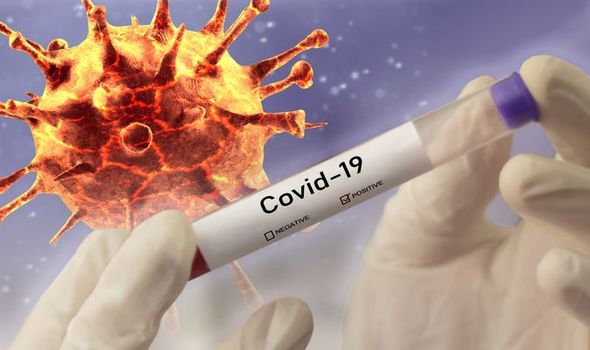New Delhi, 28th April 2020: In the wake of the unprecedented COVID-19 outbreak, Rotary members across India have contributed Rs. 30 crores to support India’s government in the fight against COVID-19.
“I really value Rotary members’ contributions in our fight against COVID-19,” said Union Health Minister Dr Harsh Vardhan, who has encouraged them to continue their efforts.
Rotary members are responding to the impact of the global COVID-19 crisis by providing comfort and hope to those feeling the effects of isolation and fear. These members are also focusing on supporting the health workers and first responders who are on the front lines of this disease.
To date, 1.5 lakh Rotary members across 4,000 Rotary clubs in India have distributed 75,000 personal protective equipment (PPE) kits, more than one crore face masks, 6,50,000 packets of food and grain, and more than 25 lakh meals to those in need across the country.
Mr. Shekhar Mehta, president-nominee, Rotary International 2021-22, said, “The COVID-19 pandemic response requires worldwide solidarity and an urgent global effort. Rotary clubs are working with local governments to provide food, medical equipment, sanitizers, masks and other items as required. Rotary members aim to do their part to flatten the COVID-19 curve and support those who are most impacted in our communities. We all have a responsibility to help those who are struggling during this time of crisis. We need to work together so that we emerge out of this stronger.”
As eliminating polio worldwide is Rotary’s top philanthropic goal, Rotary and its partners in the Global Polio Eradication Initiative will use the infrastructure they built to end polio in India – including its tools, workforce, and extensive surveillance networks – to help prevent the spread of COVID-19 by supporting preparedness and response activities.
Rotary is also working closely with governments to build awareness about the virus across communities. Special efforts are being undertaken towards training of frontline workers as they are at high risk of contagion.












